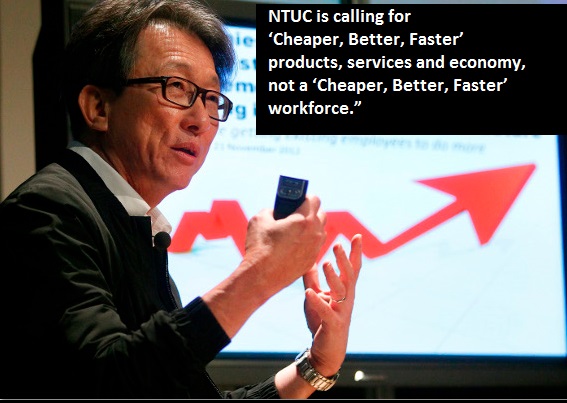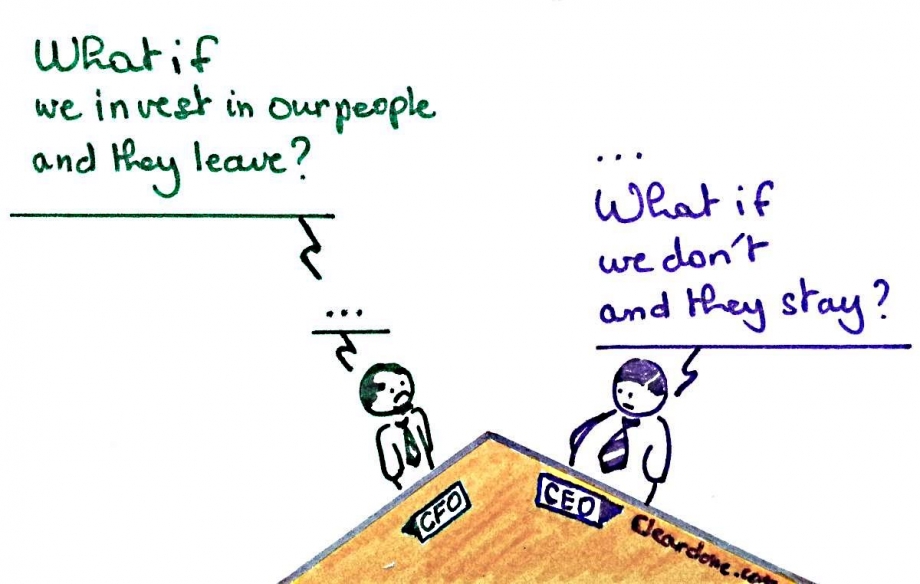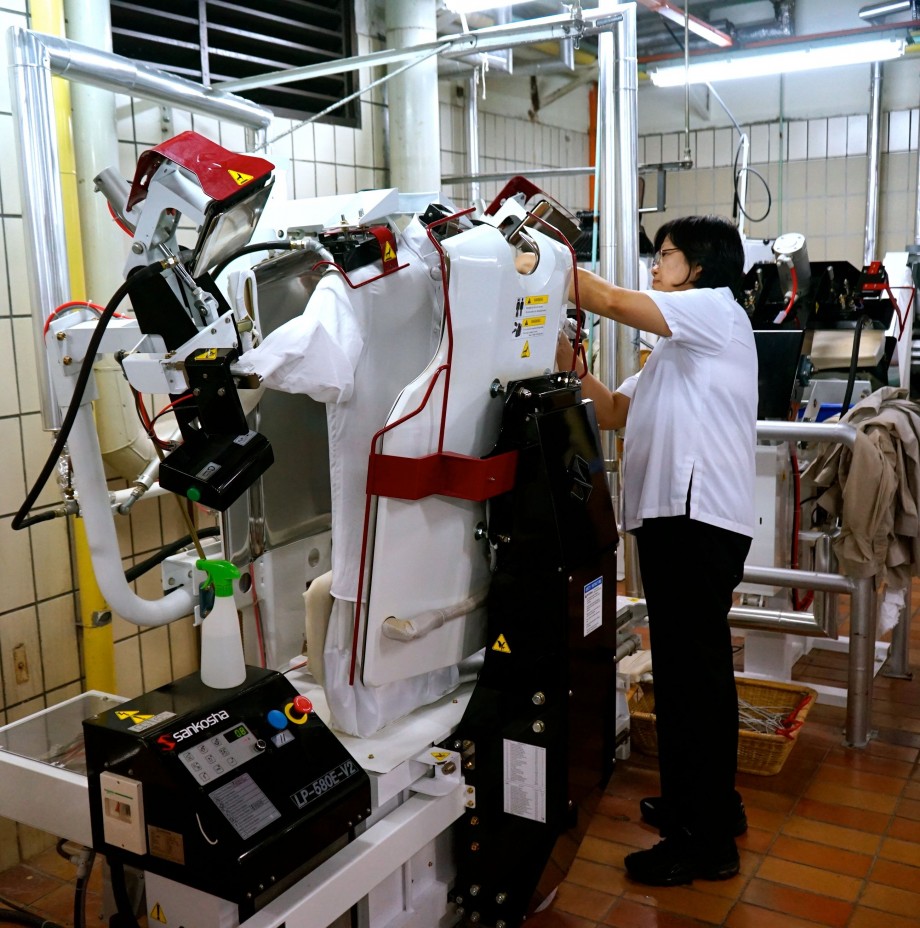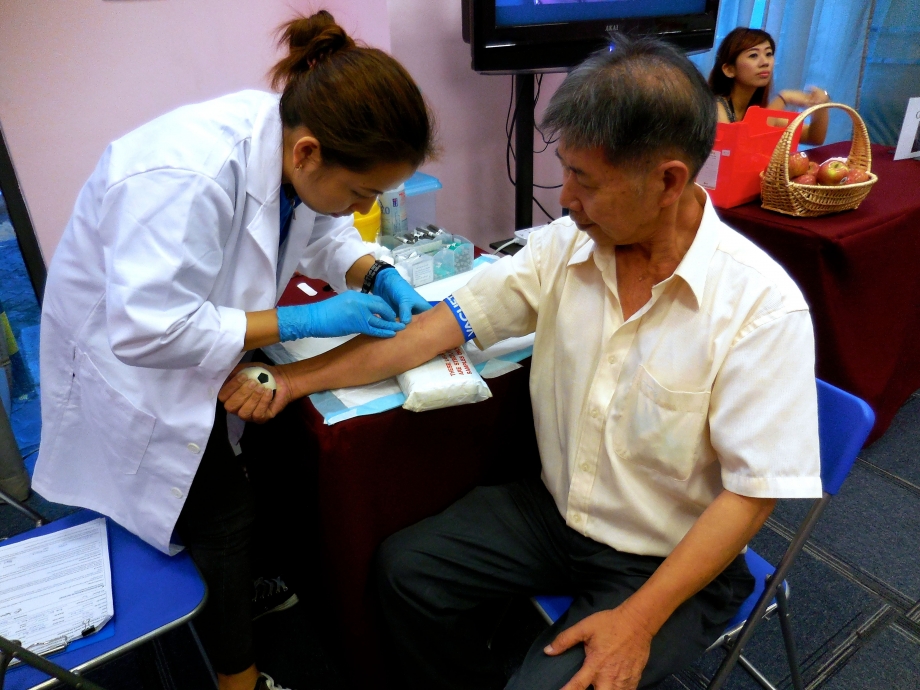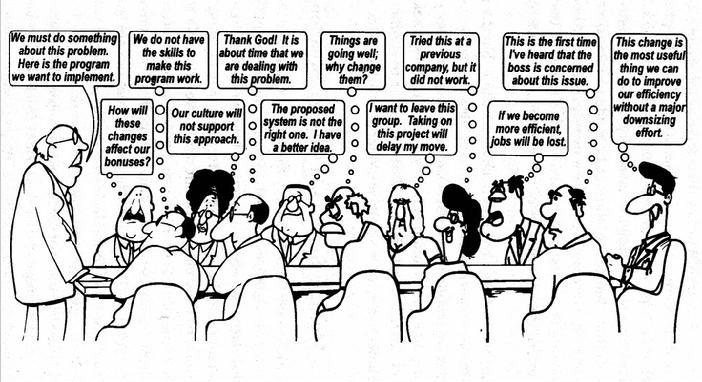The Cheaper, Better & Faster Strategy was first mooted by NTUC Chief Lim Swee Say in 2009 to help improve the global competitiveness of companies and to benefit workers in Singapore.
Not to be mistaken as how to treat workers, these 3 terms are actually solutions for businesses to be more competitive. Cheaper denote becoming more productive, Better signify becoming more capable and Faster mean being more adaptable. With global competition heating up, here are 10 ways for businesses in Singapore to become Cheaper, Better & Faster!
1. Embrace Technology Responsibly
The introduction of new technology and innovation often translate to enhanced productivity. Sheraton Towers Singapore is an example of a company who has successful introduced new technology to improve its laundry process. But they have also made conscious efforts to make sure that no workers were displaced in the process. By embracing technology responsibly, they can now process an even larger laundry load Cheaper & Faster!
2. Upgrade Workers’ Skills
When Sheraton Towers Singapore implemented the innovative laundry technology, they went the extra mile and train their existing workers to keep up with the technology enhancement. Their aunties get to retain their jobs and contribute back to the company on a much higher skill level. Businesses should adopt a pro-active stance towards skill upgrading for their workers. Business sectors that supports continuous skills upgrades for workers will reap a Better skilled workforce in the long run.
3. Make Tasks Easier, Smarter & Safer
Other than the laundry department, Sheraton Towers Singapore also invested $110,000 to purchase a bed-lifting device (Ezi-Maid) to make their housekeepers’ jobs Easier, Smarter and Safer. Their room attendants now do not have to risk injury to their back because beds are lifted on demand by hydraulic mechanism.
This directly translates to Cheaper unnecessary costs such as reduced medical leave and fees for back injuries (which would be better spent on skills upgrading and incentives for exemplary staff performance) and of course Faster turnaround for guest rooms!
4. Manage Without Micro-Managing
Sheraton Towers Singapore also implemented their FCS E-housekeeping Project – a streamlined process of room check-in using a Samsung Smartphone which allow supervisors to track the speed and progress of each room attendant. Without supervisors calling them constantly to find out which room they are at, room attendants can focus on the task at hand without feeling being micro-managed. The result? Faster room turnaround and Better customer experience with shorter waiting time.
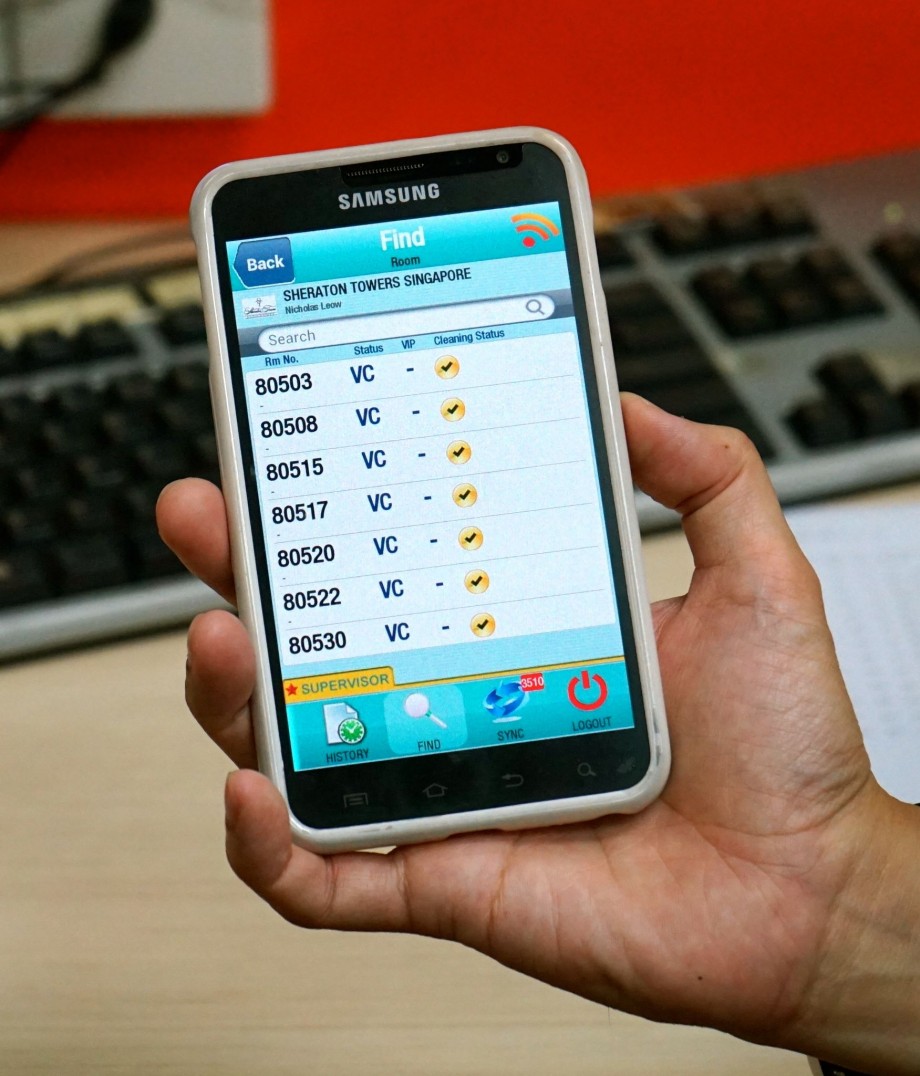
The enhanced productivity through the various technology enhancements at Sheraton Towers Singapore allowed task to be completed Faster. The management utilised the time that is freed up to generate productive fringe tasks such as Better personalised service to wow their guests. This return patronage by impressed guests offers a stable base revenue and indirectly translates to greater revenue for the hotel and job security for everyone.
6. Reward & Recognise Workers’ Efforts
Cost savings from higher productivity enjoyed by Sheraton Towers Singapore was shared with workers through raised minimum salary and increase in gross salaries with monthly productivity bonuses. This includes a “Go-the-Extra-Mile” bonus, where the top 30 performers for productivity improvement (out of 42 staff) are awarded an average of $340. For lower wage workers, the average gain sharing is 5%.
With reference to NTUC’s Progressive Wage Model, a detailed career pathway (with wage, productivity, skill and career ladders) was drafted out for each staff. Sheraton Towers aims to raise the pay of their lowest paid staff from $1,200 to $1,500 in a few years’ time.
Happy workers are generally perform Better & Faster on their job.
Taking good care of workers’ health is an important component of enhancing productivity. With the availability of the Union Health Promotion Grant, businesses should actively encourage their respective unions to look into implementing suitable activities for the benefits of their workers. This will be a good time for companies to encourage workers to sign up as union members and reap the benefits too.
Happier and healthier workers make manpower Cheaper (lower medical leave and claims) and workers are likely to work Better and Faster.
If the company is embarking on a productivity drive particularly through innovation and technology, there is a need for meaningful two-way communications to manage the change. Workers need to understand the rationale for the change and how it would positively impact them to avoid reduced productivity from job security worries and other concerns.
9. Conduct Team Building Exercises
Productivity entails teamwork. Treat your workers to at least two offsite team building session every year to bringing in a renewed sense of team camaraderie. During such team-building sessions, organise team building games so that workers learn how to depend on each other and share resources. This will help make them good team players and perform Better & Faster on their work in the long run.
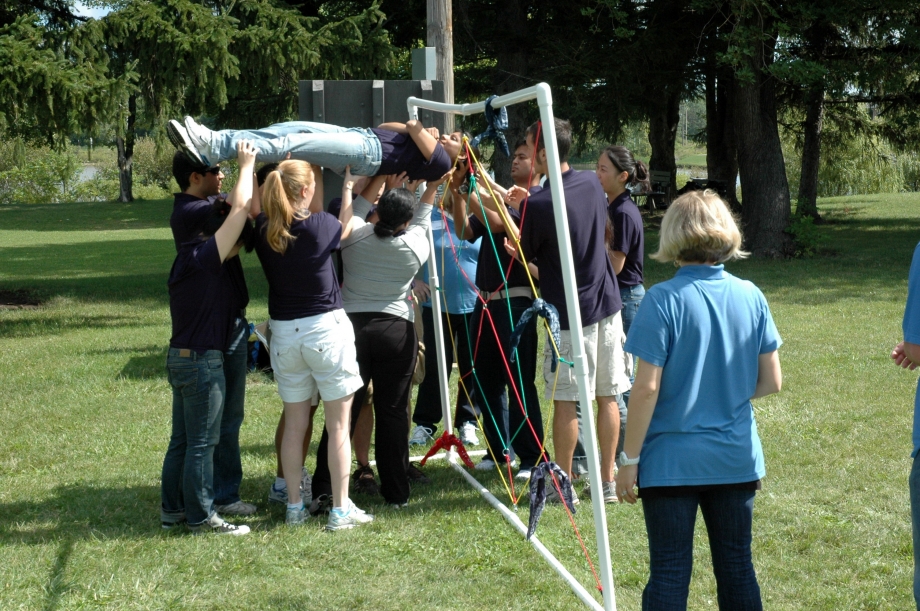
10. Overcome Barriers To Productivity
Very often, we miss out the fact that productivity can be slowed or stopped by real or imagined barriers. Some of these barriers include workers’ resistant to change, corporate politics, personal jealousies, corporate rivalries, as well as interference of powerful people within the company. Perceived or imaginative barriers can also keep workers from even attempting any effort aimed at increasing productivity or innovation. Management needs to work with managers on ground to develop processes for identifying and eliminating any real or imagined barriers to productivity.
The above 10 ways to become Cheaper, Better and Faster in Singapore are not exhaustive. Please feel free to share with us your suggestions on how businesses can be more productive and at the same time reap benefits for their workers.

